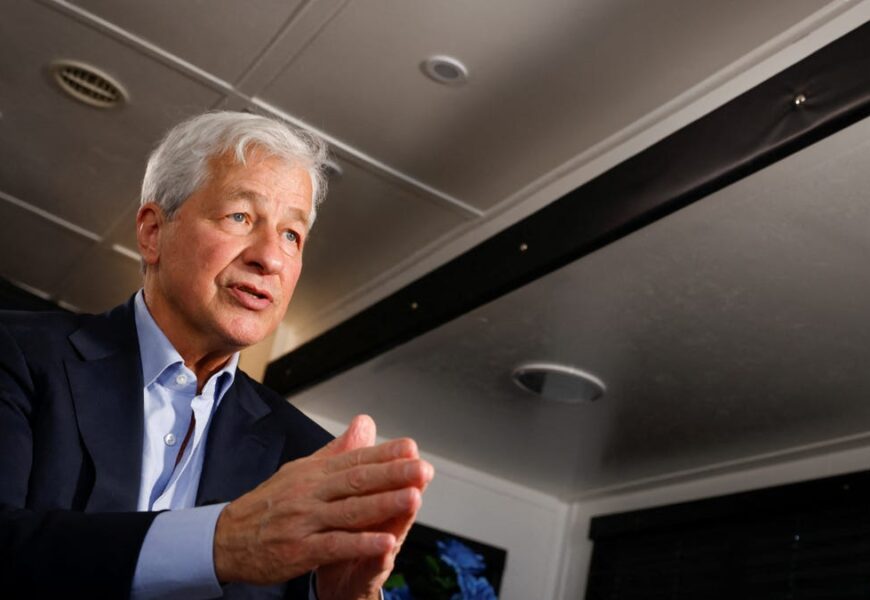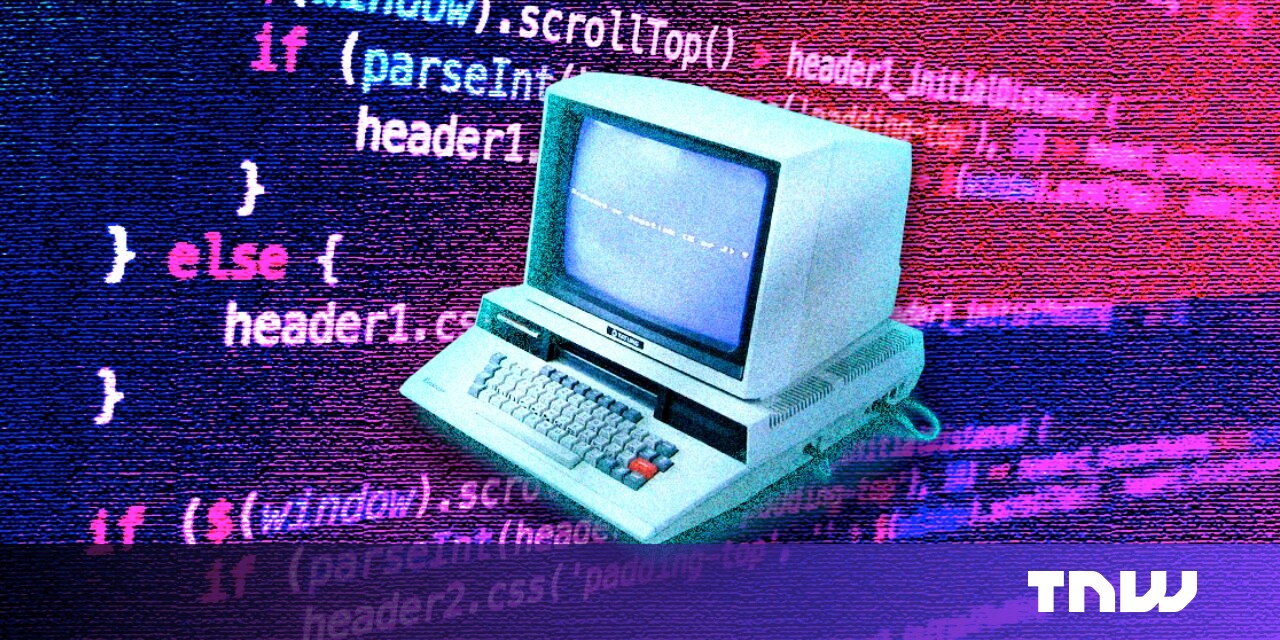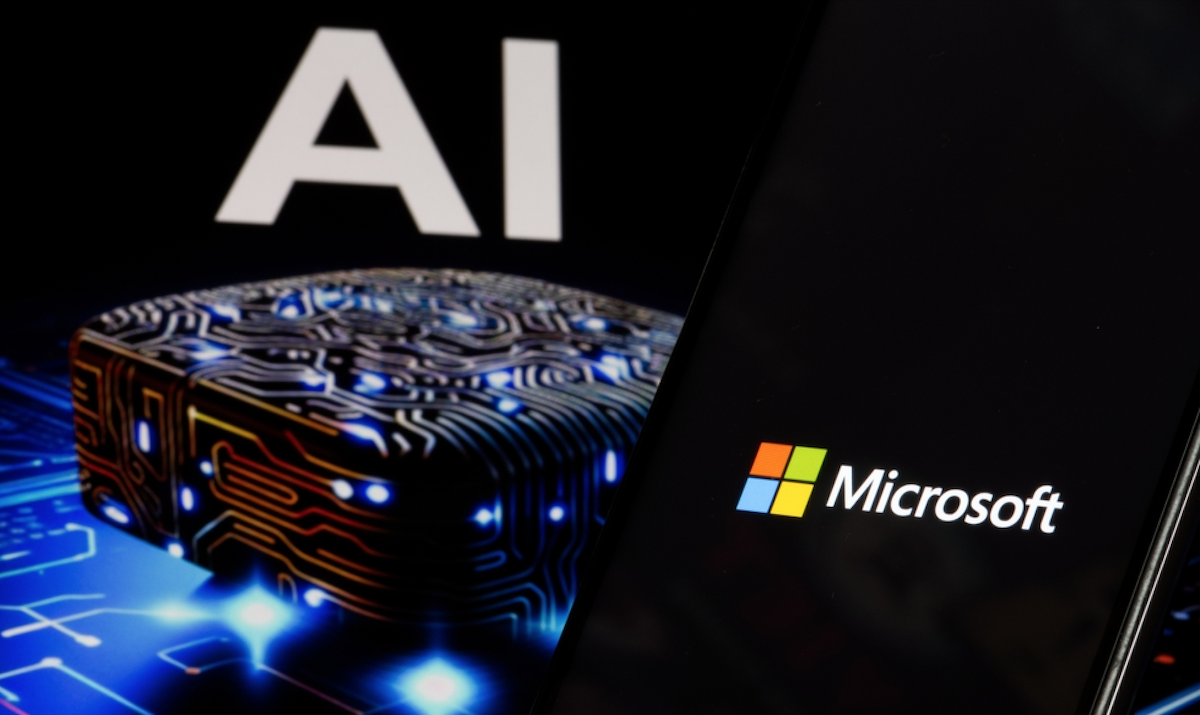Jamie Dimon, aged 68, holds the distinction of being one of the most enduring CEOs on Wall Street due to his nearly two-decade tenure leading JPMorgan Chase. His adept navigation of various financial storms, from the 2008 global financial crisis to the recent COVID-19 pandemic and geopolitical upheavals, has elevated Dimon to a revered status as a prominent figure in American banking and policymaking circles.
Under Dimon’s stewardship, JPMorgan has fortified its position as the largest U.S. bank, boasting assets nearing \(3.4 trillion. In the fiscal year 2023, the bank achieved a record-breaking profit of \)49.6 billion, a testament to its robust performance.
Stakeholders, analysts, and financial experts eagerly anticipate Dimon’s annual shareholder letter for his astute insights into the economic landscape and his perspectives on the challenges facing JPMorgan and the global economy. Here are key highlights from Dimon’s recent correspondence to shareholders, unveiled earlier this week.
Speculations on Interest Rates Exceeding 8%
Dimon expressed skepticism regarding the anticipated interest rate cuts projected by economists in the upcoming months. He emphasized JPMorgan’s readiness to navigate a wide spectrum of interest rates, spanning from 2% to potentially exceeding 8%, alongside a diverse range of economic scenarios. Dimon cited various factors contributing to potential inflationary pressures, such as ongoing fiscal expenditures, global remilitarization, trade realignments, the demands of the burgeoning green economy, and the likelihood of escalated energy costs due to inadequate investments in energy infrastructure.
The unpredictable nature of the market, according to Dimon, leaves room for multiple outcomes, ranging from robust growth with moderate inflation to the worst-case scenario of stagflation—a combination of recession and inflation—where higher interest rates become plausible.
Given the Federal Reserve’s efforts to curb inflation by maintaining interest rates between 5.25% and 5.05% through substantial quantitative tightening, Dimon acknowledged the reluctance of major banks to swiftly lower costs. In light of potential persistent inflation, the Federal Reserve Bank of Minneapolis President Neel Kashkari indicated a delay in interest rate cuts until 2024. Notably, the consumer price index experienced a 3.2% uptick in February, slightly surpassing expectations.
JPMorgan remains vigilant about the potential repercussions of these economic stressors on the banking sector, particularly following its acquisition of First Republic in the aftermath of a local banking crisis. Dimon cautioned that elevated interest rates and prices could precipitate significant strains on the financial landscape.
Irrespective of the financial climate, Dimon affirmed JPMorgan’s capability to sustain performance under various conditions, characterizing the organization as adaptable to diverse scenarios.
Imperatives of U.S. Global Leadership
Dimon underscored the current geopolitical landscape as potentially one of the most precarious political epochs since World War II. He highlighted the conflicts in Ukraine and Gaza, coupled with post-pandemic repercussions and looming challenges from China, as posing threats unprecedented since the 1940s.
In Dimon’s view, the path forward necessitates robust American leadership. He asserted that within the free and democratic world, America stands as an indispensable entity without a viable alternative. Dimon emphasized America’s extensive network of allies, both in military and economic realms, as unparalleled in history, urging for a more strategic utilization of these alliances.
Drawing parallels with the situation in Ukraine, Dimon emphasized the criticality of supporting the country against Russian aggression. He warned that a failure in Ukraine could jeopardize the global order, posing a significant risk to the free world. Dimon asserted that Ukraine’s success is intertwined with America’s interests, underscoring the pivotal role of ensuring Ukraine’s stability for safeguarding global security.
Reaffirmation of American Economic Exceptionalism
Dimon celebrated the essence of American exceptionalism, urging unapologetic embrace of the nation’s foundational values. He lauded America as an exceptional nation founded on principles of free speech, religious freedom, capitalism, and democratic empowerment. Dimon acknowledged the post-World War II establishment that positioned the U.S. as a dominant force, suggesting a potential need for recalibration in the current international order without necessitating a complete overhaul.
Referencing the existing international financial architecture established in the 1940s, Dimon proposed a reimagining akin to a revitalized Bretton Woods framework. He advocated for an updated global structure that addresses the diverse needs of nations worldwide, particularly focusing on marginalized regions grappling with poverty and neglect.
Dimon suggested that the U.S. could spearhead efforts to counter China’s economic ascendancy, foster stronger trade relationships, and bolster industrial coverage to rebalance the global economic landscape.
Anticipating the Impact of Artificial Intelligence
Dimon’s perspective on artificial intelligence (AI) exhibited a nuanced stance, reflecting both optimism and caution. While acknowledging the critical role of conceptual AI in driving future success, Dimon compared the transformative potential of AI to historical technological milestones like the printing press, steam engine, and the Internet.
JPMorgan’s concerted efforts to expand AI applications across its operations, doubling its cadre of AI, machine learning (ML) experts, and data scientists in the past year, underscore Dimon’s commitment to leveraging AI’s capabilities. He envisaged AI’s pervasive influence across various job functions, acknowledging its potential to reshape workforce dynamics by creating new roles while potentially displacing others.
Dimon’s discourse on AI encapsulated a balanced view of its implications, recognizing the dual impact it could have on job markets while emphasizing its role as a transformative force driving innovation within the organization.










